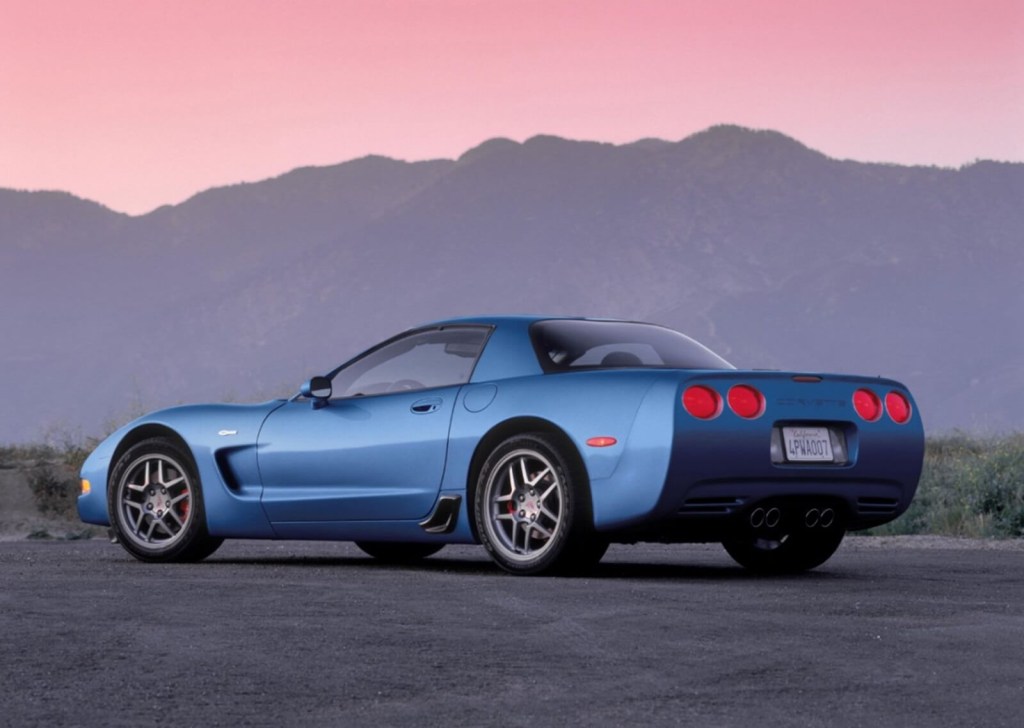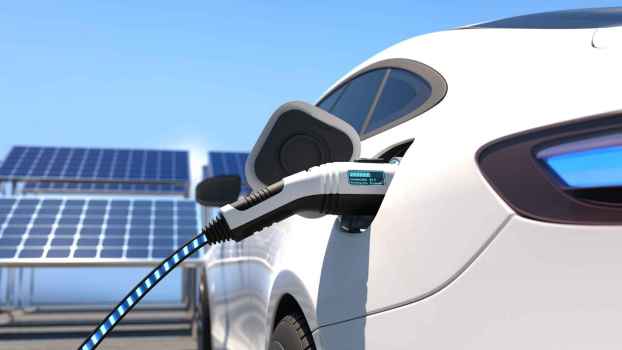
Overall fuel economy has made significant leaps forward over the last few decades. Modern cars, trucks, and SUVs now get vastly improved mpg figures over their predecessors, even dismissing hybrids and EVs. Still, not all models are considered efficient. Manufacturers producing these cars are subject to an added tax if their models are particularly inefficient. This is known as the gas guzzler tax.
The gas guzzler tax was implemented in the Energy Tax Act of 1978. It levies a tax on manufacturers selling models that don’t meet a certain miles-per-gallon threshold based on fuel economy test results. The test includes 55% city driving, 45% highway driving, and other factors impacting fuel economy.
Currently, models that offer a combined fuel economy — a calculation of its combined city and highway mpg ratings — of less than 22.5 mpg or lower are subject to a gas guzzler tax.
The minimum tax is $1,000 for a model with a combined rating of at least 21.5 combined mpg but less than 22.5 mpg. The lower a model’s overall mpg rating, the higher the tax. For instance, a model with a combined rating of 17.5 mpg is levied an additional $2,600 tax. Models rated under 12.5 mpg combined are subject to a $7,700 tax.
These current rates have been in place since January 1, 1991.
Manufacturers or importers of models must pay this tax directly to the IRS. However, some brands, including Mercedes-Benz, pass along this excise tax to buyers when the car is purchased new. As such, a buyer purchasing a 2023 AMG C 63 S Coupe, which is rated for 19 combined mpg, must pay the gas guzzler tax.

A gas guzzler tax will be listed on the Monroney Label. This is also referred to as the “window price sticker.”
However, plenty of modern and popular models are exempt from the gas guzzler tax. These include pickup trucks and SUVs. The EPA notes, “At the time the law was enacted, [trucks and SUVs] represented a relatively small fraction of the overall fleet of passenger vehicles and were used more for business purposes than personal transportation.” Therefore trucks and SUVs weren’t subject to the gas guzzler tax, and they remain effectively protected from the tax to this day despite their growing popularity for personal transportation.
As such, most models subject to the gas guzzler tax are powerful sports cars. Some examples include the Chevrolet Corvette Z06, the Cadillac CT5-V Blackwing, or Dodge Charger SRT Widebody.





